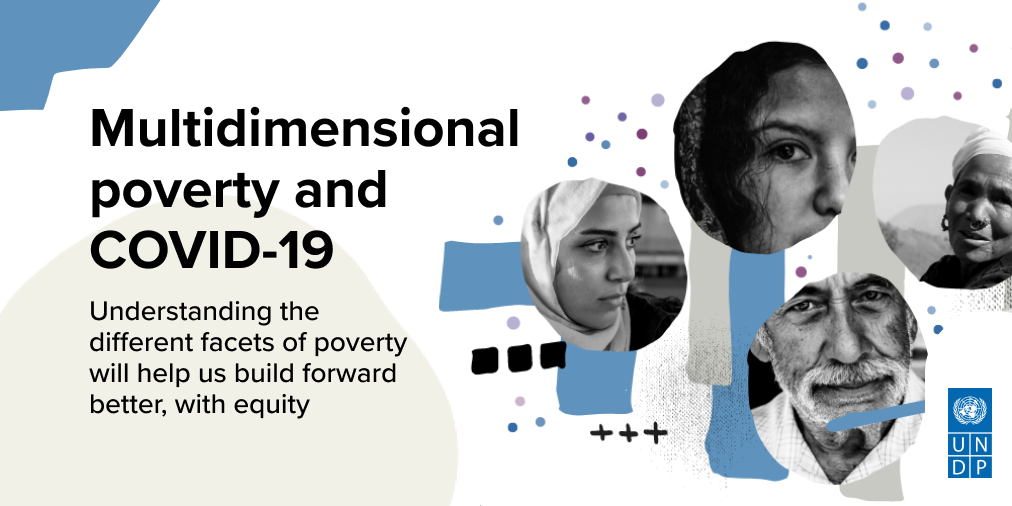
People Living in Poverty
Support
NOT Exclusion
UN Action
Resolution
In the early 1990’s the UN General Assembly decided that extreme poverty and exclusion from society constituted a violation of human dignity (A/RES/47/134). The years that followed saw a number of initiatives adopted which developed further the idea of the nexus between the rights of individuals and extreme poverty.
Office of the High Commissioner for Human Rights (OHCHR)
The Office of the High Commissioner for Human Rights has as one of its fundamental tenets that no social phenomenon is as comprehensive in its assault on human rights as poverty.
The Human Rights Commission, now the Council, acted early to appoint an independent expert on human rights and extreme poverty, charged with evaluating the relationship between the enjoyment of human rights and extreme poverty.
Conferences and summits – Millennium Declaration
![]() The historic United Nations conference and summits held in the 1990s generated an unprecedented global consensus on a shared vision of development, which culminated in the Millennium Declaration adopted at the Millennium Summit in 2000.
The historic United Nations conference and summits held in the 1990s generated an unprecedented global consensus on a shared vision of development, which culminated in the Millennium Declaration adopted at the Millennium Summit in 2000.
This vision is based upon the premise that the human rights framework, including the right to development, provides the crucial foundation for the realization of the Millennium Development Goals (MDGs), which placed eradication of extreme poverty and hunger as first of its eight goals.
Sustainable Development Goals
![]() In 2015, the Sustainable Development Goals (SDGs) were adopted by all UN Member States.
In 2015, the Sustainable Development Goals (SDGs) were adopted by all UN Member States.
Ending poverty in all its forms is the first of the 17 goals.
Durban Declaration and Programme of Action
The Durban Declaration and Programme of Action urges States to adopt and implement social development policies with a view to closing significantly the existing gaps in living conditions faced by victims of racism. In this context, it is clear that measures to eliminate poverty and all forms of discrimination must be understood as mutually reinforcing and complementary.
Where are we?
COVID-19 Pandemic
While pre-pandemic global poverty rates had been cut by more than half since 2000, the COVID-19 pandemic could increase global poverty by as much as half a billion people, or 8% of the total human population.
In April 2020, the United Nations issued a framework for the immediate socio-economic response to COVID-19 and created the Secretary-General's UN COVID-19 Response and Recovery Fund. Before the pandemic, significant progress had been made in alleviating poverty in many countries within Eastern and Southeastern Asia, but up to 42 per cent of the population in Sub-Saharan Africa continued to live below the poverty line.
Millions of people have been thrown into extreme poverty during the #COVID19 pandemic. UN expert Olivier De Schutter calls for social protection to be strengthened before the next crisis. He suggests creating a Global Fund for Social Protection : https://t.co/SSBJKv6TOi pic.twitter.com/lOuSMVPut2
— UN Human Rights (@UNHumanRights) July 29, 2021
Links
- Human rights
- Universal Declaration of Human Rights
- Human Rights Council
- Independent expert on human rights and extreme poverty
- Global Issue: Ending Poverty
Sustainable Development Goals
- Millennium Development Goals (MDGs)
- MDG-1: Eradication of extreme poverty and hunger
- Sustainable Development Goals (SDGs)
- SDG-1: Ending poverty in all its forms
Documents
- 2021 Multidimensional Poverty Index report - UNDP
- 2020 Global Multidimensional Poverty Index - UNDP (MPI)
- General Assembly Resolution A/RES/47/134 - extreme poverty and exclusion from society constituted a violation of human dignity
- General Assembly Resolution A/RES/55/2 - Millennium Declaration
- Durban Declaration

